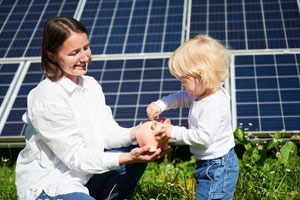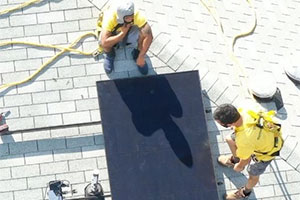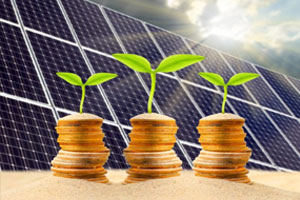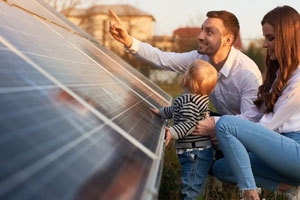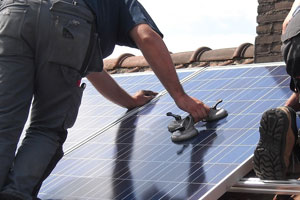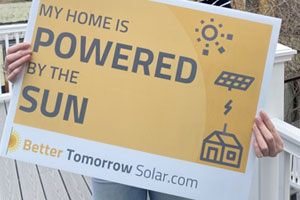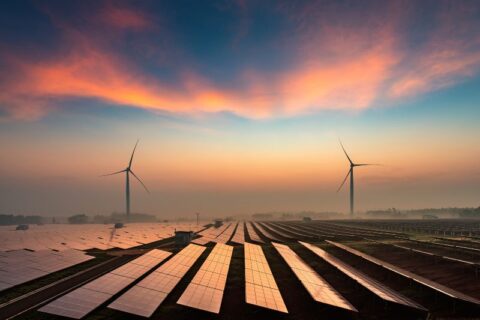6 Tips for Camping with Solar Panels
Camping in the great outdoors offers unmatched peace, solitude, and mental health benefits. Whether you sleep in a tent, cabin, or RV, consider bringing solar panels along. This way, you can get close to nature while still enjoying conveniences like your Smartphone, TV, and hot coffee in the morning. Just follow these six tips to make camping with solar panels a success.
Know How Much Electricity You Need
Most people underestimate how much power they use every day. Fortunately, it’s easy to add up your energy needs when you go camping. The trick is to calculate the wattage for each device you’ll be bringing with you. Do this by multiplying the volts by the amps, both of which should be labeled on the gadget’s power supply.
Here are some typical device wattages:
- Smartphone: 6W
- Tablet: 8W
- DVD player: 15W
- Box fan: 50W
- Portable outdoor speaker: 80W
- LCD TV: 150W
- Mini fridge: 160W
- Coffee machine: 1000W
Then, multiply this figure by the number of hours you anticipate using that device each day. Also, consider whether you’ll use any devices simultaneously. With this information, you’ll know how much solar power you need on your camping trip.
Buy the Right Solar Panels
First, choose solar panels that can supply you with more electricity than you think you’ll need. This decreases the risk of running low on power when the conditions aren’t ideal for capturing solar energy.
Another decision you face is what style of panels to buy. Your options include rigid, RV-mounted panels and portable panels you can carry around with you.
Don’t Forget Battery Storage
For consistent power on your camping trip, plan to hook up your solar panels to an external battery. Lithium-ion batteries are the best choice for safety, efficiency, and low maintenance.
Get a Charge Controller
Charge controllers prevent solar panels from overcharging a battery. They come in different forms depending on the battery and solar panel combination you’re using.
Determine If You Need an Inverter
Appliances that run on direct current (DC) power don’t need an inverter. Plus, many vans, campers, and trailers have a built-in inverter. However, if you hope to plug everyday electronics directly into your solar panel battery, you’ll probably need an inverter to convert the electrical energy from 12-volt DC to 120-volt alternating current (AC).
Consider Your Camping Location
Ideally, the spot you choose to set up camp should have adequate sun exposure to power your solar panels. Even the way you orient your campsite is important. Ensure you can position your solar panels toward the sun for maximum energy generation.
If you enjoy camping with solar panels, you’re bound to love powering your home with solar energy as well. Better Tomorrow Solar can help you get started in just four easy steps, beginning with a free consultation. We have streamlined the solar installation process to make it easier than ever to go solar! For more information, please contact us today for a free quote.
